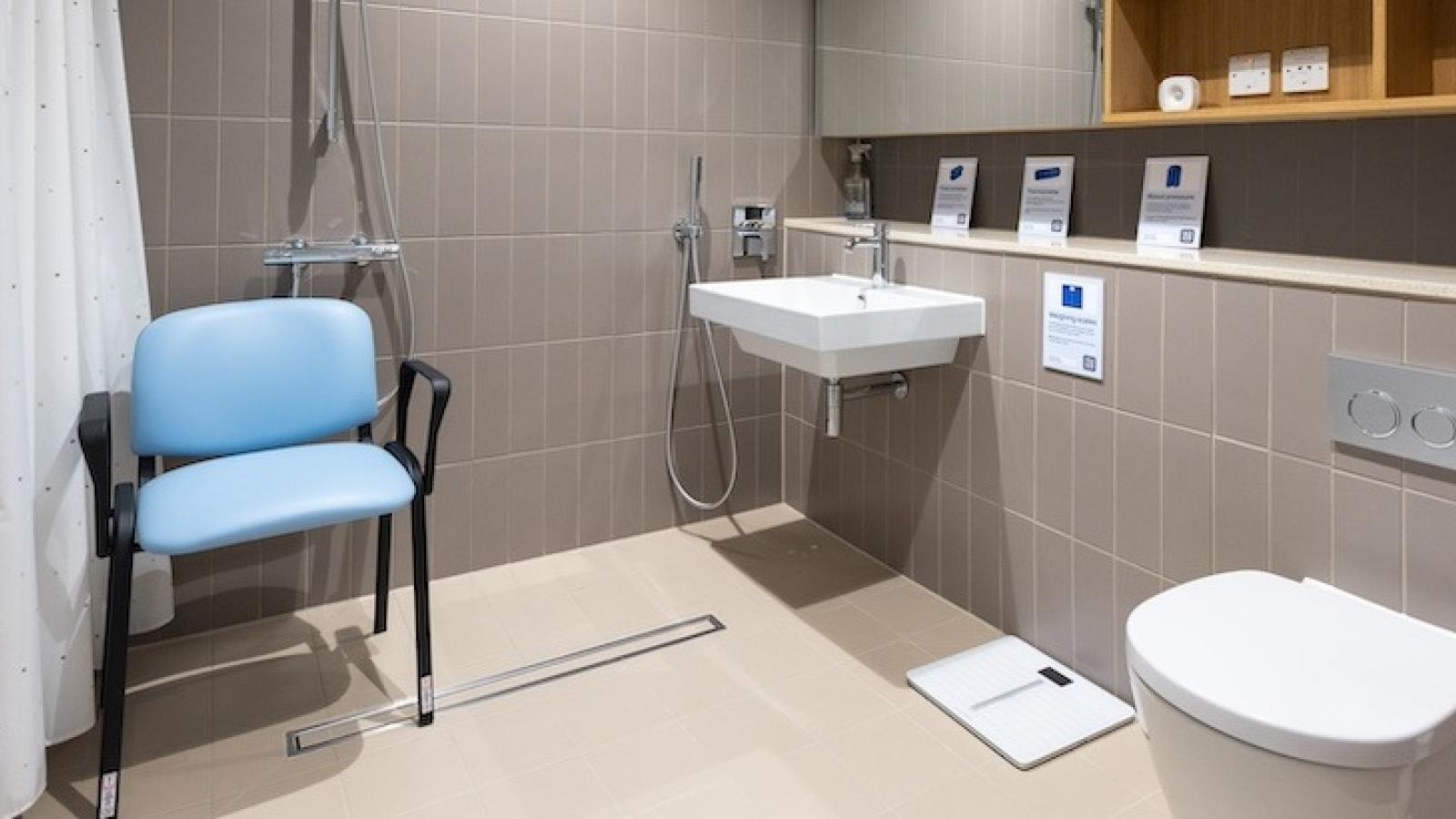A study led by Prof Payam Barnaghi and Alex Capstick (UK DRI Centre for Care Research & Technology) has used artificial intelligence (AI) to develop a new method for early detection of urinary tract infection (UTI) in people affected by dementia. The research, published in the journal npj Digital Medicine, could minimise preventable hospital admissions by enabling infections to be treated before complications arise.
What was the challenge?
UTIs are common in older adults, and often lead to unplanned, preventable hospital admission in people living with dementia. This is because people affected by dementia may find it challenging to report their symptoms, therefore leading to further complications as the infection is left untreated.
Currently, UTIs are diagnosed by urine sample analysis, and this is only carried out when a UTI is already suspected. It is estimated that 1 in 4 hospital beds in the UK are occupied by people living with dementia, and 20% of these are due to avoidable causes such as UTIs.
of hospital admissions in people living with dementia are due to preventable causes such as UTIs
This tool offers a huge potential to enhance the care and support for people with dementia and avoid preventable hospital admissions.Prof Payam BarnaghiGroup Leader at the UK DRI Centre for Care Research & Technology
What did the team do and what did they find?
In the new study, the team developed an AI machine learning based method for early detection of UTIs in people affected by dementia. 117 participants living with dementia were monitored via low-cost, passive devices in the home that measured activity, sleep and physiological measurements such as heart rate and breathing rate.
The researchers used machine learning to come up with an algorithm that could predict when a person was at high risk of UTI, based on the monitoring data. They found that the factors which most strongly contributed to the risk were the number of bathroom visits, breathing rate whilst sleeping, and the number of previous UTIs that a person had been diagnosed with.
What is the impact of these findings?
This method can alert clinicians to patients who are at high risk of UTI, enabling earlier detection and treatment, thus minimising preventable hospital admissions in people affected by dementia.
Prof Payam Barnaghi, Group Leader at the UK DRI Centre for Care Research & Technology, said:
"UTIs are one of the main reasons for unplanned hospital admissions in people living dementia. The digital screening tool presented in this paper is designed and validated using data from real settings. It offers a huge potential to enhance the care and support for people with dementia and avoid preventable hospital admissions."
To find out more about Prof Payam Barnarghi’s research, visit his UK DRI profile. To keep up to date with the latest UK DRI news and events, sign up to receive our monthly newsletter.
Reference: Capstick, A., Palermo, F., Zakka, K. et al. Digital remote monitoring for screening and early detection of urinary tract infections. npj Digit. Med. 7, 11 (2024). https://doi.org/10.1038/s41746...
Article published: 15 January 2024
Banner image: Thomas Angus, Imperial College London
participants were monitored in the study
